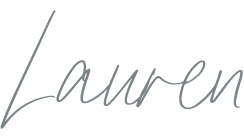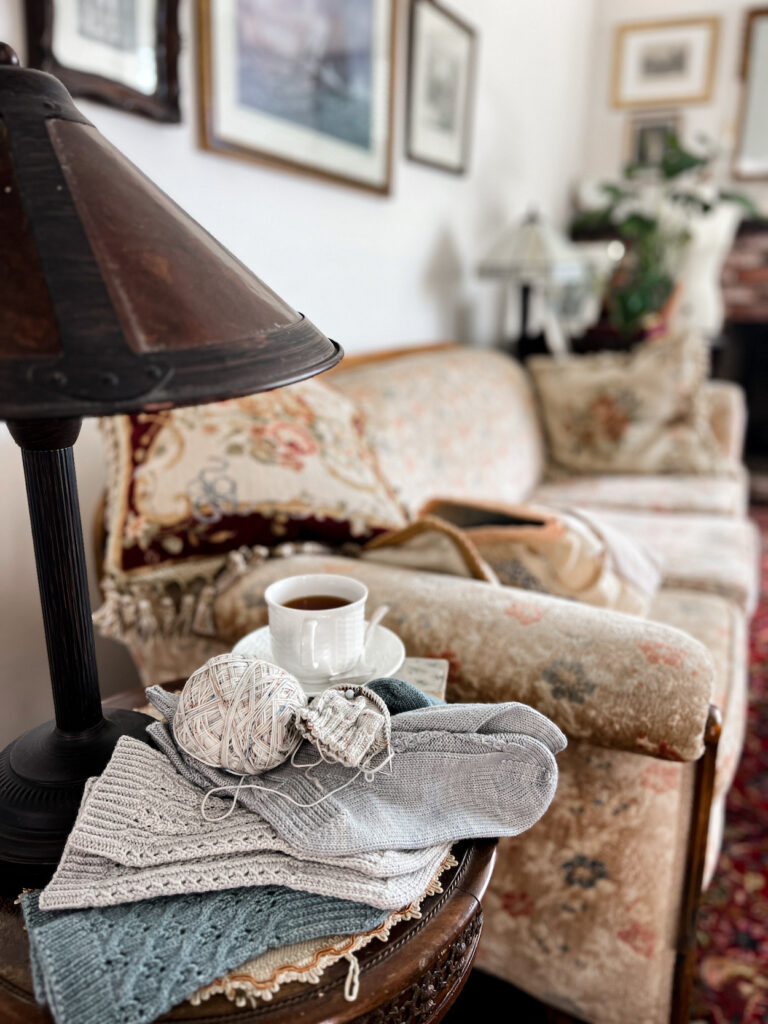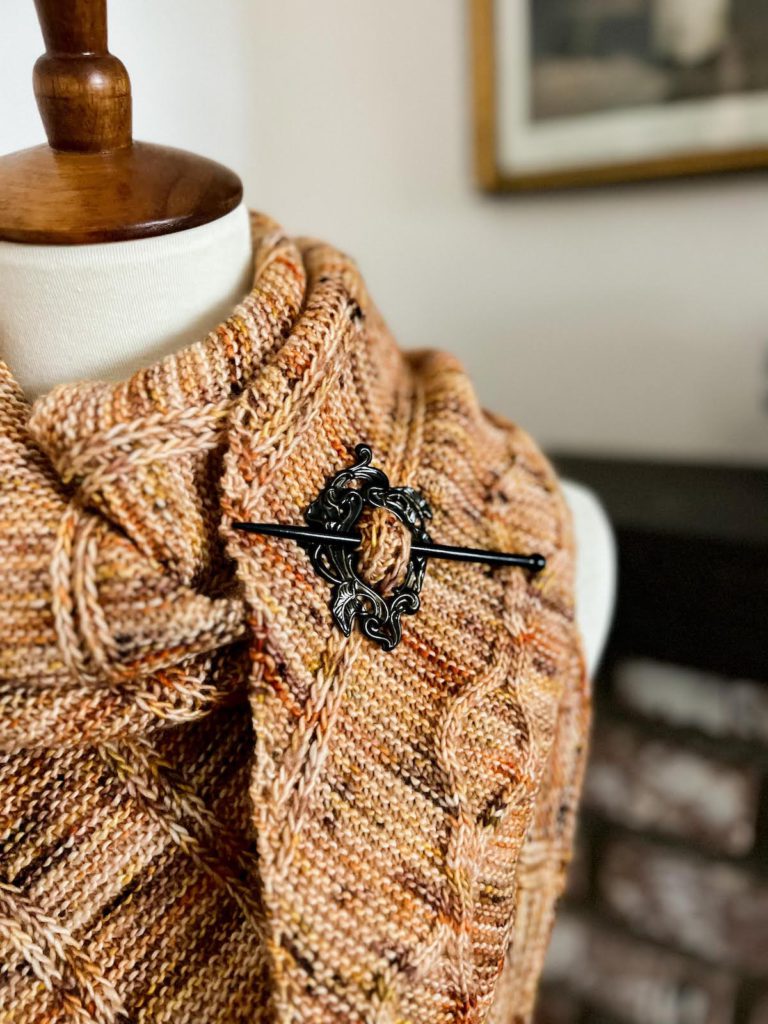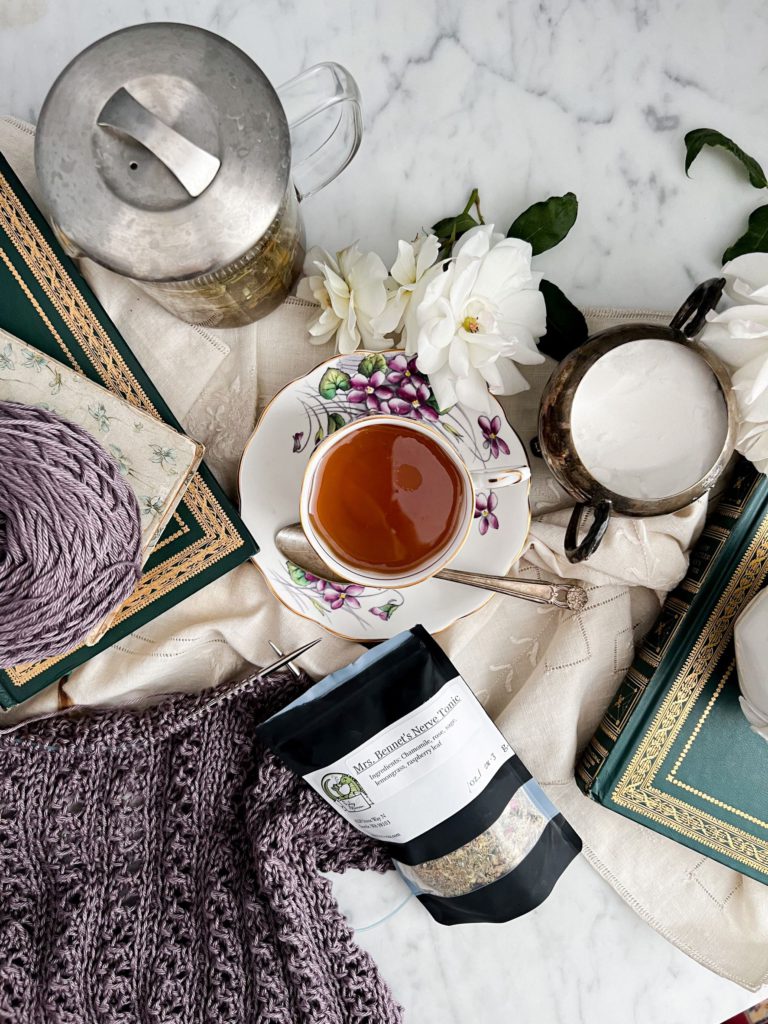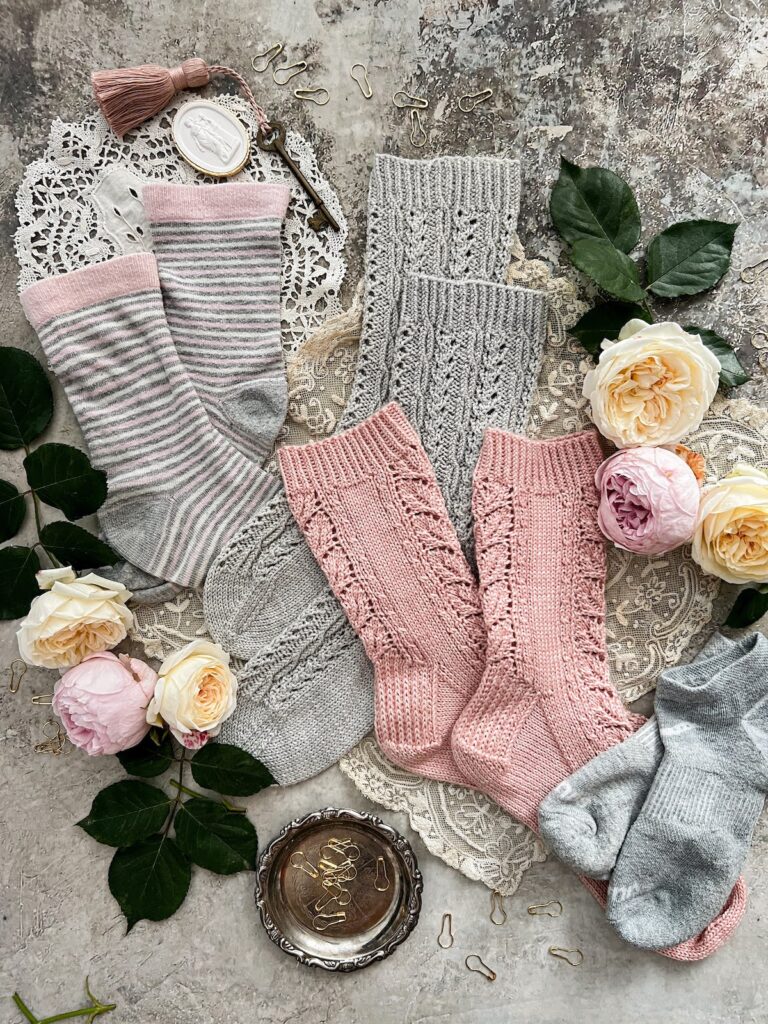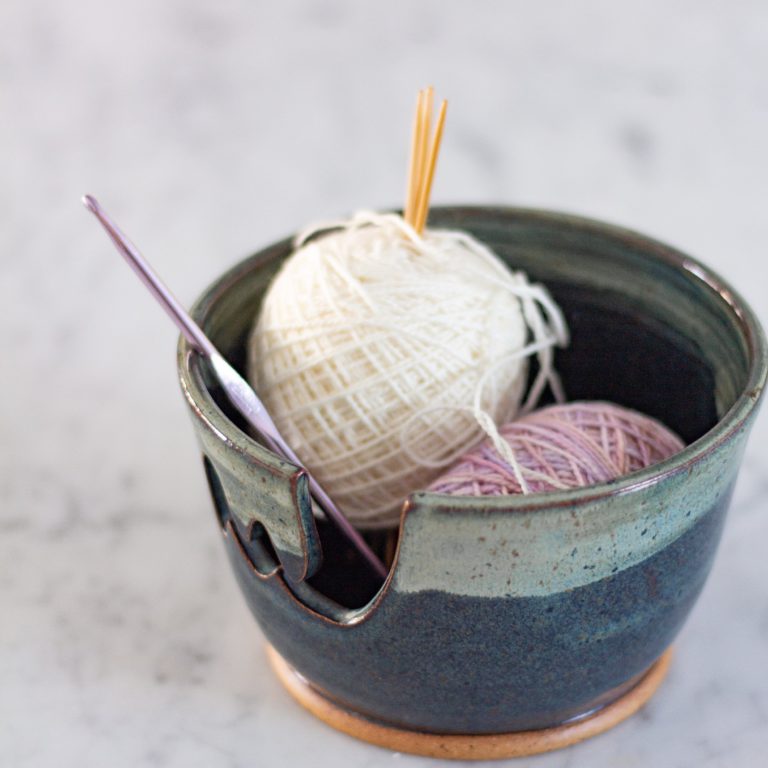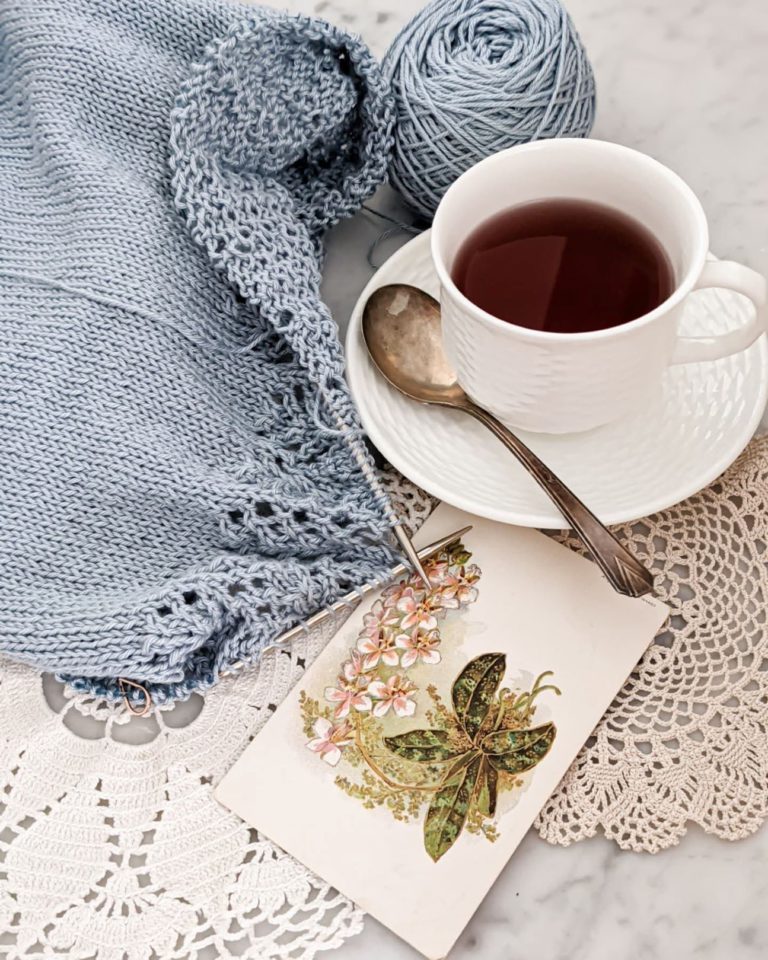I’ve always been a bookworm, and on top of that, I’ve always been a collector. I love having little collections of things.
But it can be really easy to feel like only Serious Antiquarians and Rich People should collect books. That’s because the popular image of book collectors mostly focuses on those types of collectors.
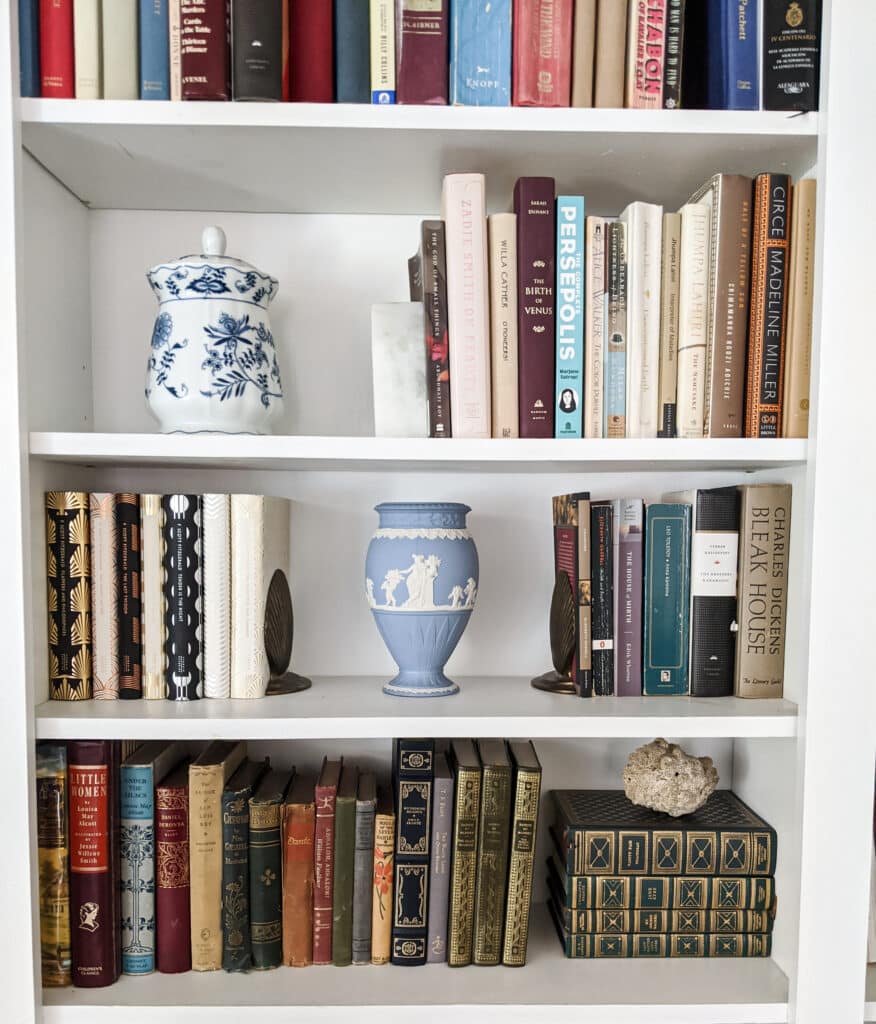
In reality, anybody can collect books of any sort, and you’re no exception. A book collection can take so many different shapes and forms. It doesn’t have to be expensive to build, nor does it have to impress anybody else.
Your book collection is for you. Let’s talk about how you can build one that’s interesting, cohesive, and gives you joy.
Setting Criteria for Your Collection
While a collection doesn’t have to follow a ton of hyper-specific rules, it does help to give yourself some guidelines.
Why Boundaries Matter
See, if your collection theme is just “books,” it can be really easy to fill up your shelves in just a few days or weeks. Between friends of the library sales (a whole bag of books for just $5!), thrift stores, buy-nothing groups, and more, books are relatively easy to come by nowadays.
But our space is finite, and part of the joy of collecting is the thrill of the hunt. Once we run out of space to store the collection, we either have to get rid of some items in the collection or we have to stop collecting.
I don’t know about you, but I don’t like doing either of those things. That’s why I have some guidelines for what I collect.
Examples of Personal Collection Themes
There are all sorts of ways you can set some boundaries to constrain your collecting. Here are some ideas.
- Specific publishers. Maybe you’re in love with the elaborate leather-bound books from Easton Press, the elegance of the Everyman’s Library, or the minimalist gray covers from Persephone Books. One of my collection components is books from Thomas Y. Crowell Co. published in the late 19th century with gilded spines and floral covers.
- Special editions. You may want to collect unusual books with painted edges, illustrations, or other unique features. I’m a big fan of marbled endpapers, myself.
- Books set in a specific time/place/theme. Maybe you love books set in 19th century France, books that tell stories about baseball, or books that reimagine ancient mythology in modern settings. Narrowing your collection to specific places, times, or themes can really help you keep your focus.
- Works by specific categories of authors. It’s no secret that some authors have had an easier time getting published than others, especially the further back in time you go. If you’re specifically interested in books by women authors, Black authors, LGBTQIA+ authors, disabled authors, working class authors, or authors from any number of other groups who’ve traditionally had a harder time getting published and therefore make up a smaller percentage of the books out there, this can be a great way to define the boundaries of your collection.
- Books in specific languages. If you speak more than one language and books in one of those languages are less common, that can be a really cool way to focus your collecting. You not only keep your own language skills strong by collecting and reading those books, but you help preserve materials in that language, too.
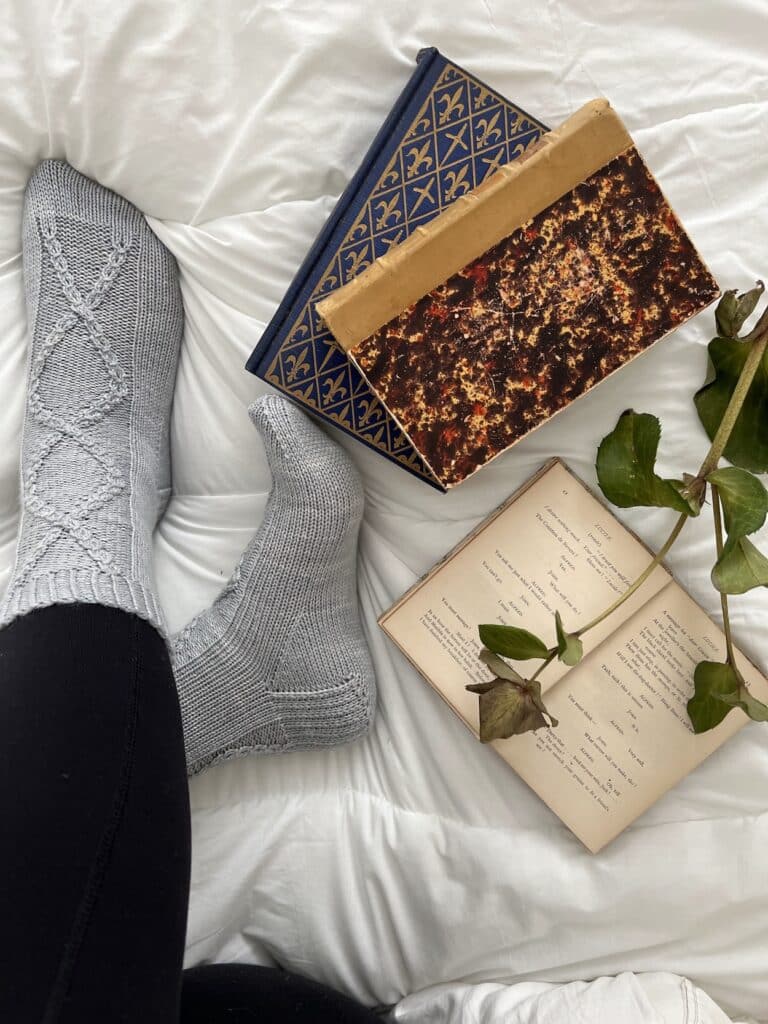
Tips for Setting Personal Criteria
Remember, the goal with setting some boundaries for your collection isn’t to paint yourself into a corner. It’s to set reasonable limits so you don’t end up spending all of your money and drowning in books.
To help yourself achieve those goals, it’s good to pick a few criteria, maybe 3-5, to help guide your collecting. You can make exceptions to those criteria if you find something really special, of course. Try not to do it too often, though, or the exception will become the rule.
You can revisit your criteria periodically and change them as your tastes and interest change, too. Just because you started out looking for one type of books doesn’t mean you can’t pivot to another.
Rethinking the Idea of “Value”
There are lots of different reasons to collect books. If you’re collecting for the joy of it, though, don’t worry about the monetary value of the books you bring home. Monetary value fluctuates over time, anyway.
A book that could be really valuable today (say, a rare special edition with only 50 copies of the best-loved book by a famous author) might be worth next to nothing in a few years when that author has a terrible secret revealed. Conversely, a book worth very little today might be worth a lot more in a couple decades when culture shifts and people reevaluate who made important contributions to literature.
Remember, too, that monetary value isn’t the only way to assess the value of an item. If it holds sentimental value, that matters, too. My childhood copy of Little Women, for example, was a mass-produced book from the 1990s, but it’s one of the things I’d grab in a fire. It’s inscribed by my grandma, and I read to her from it during one of our last visits before she died. You can’t put a dollar value on a book like that.
A book might matter to you because it’s just pretty, or because it has unusual illustrations, or because you bought it on a special trip. Those are all measures of value.
Storing, Cleaning, and Maintaining Your Book Collection
As with any collections, there are a few things you’ll want to do with your book collection to keep it in good condition.
Storage Tips
I actually have several books stored in bad, bad ways and need to fix them before I do permanent damage. Here are some storage best practices.
First, don’t pack them in too tightly. If books are smushed, it prevents airflow. Airflow is necessary for warding off mold and mildew in some places and also helps minimize bug problems. If books are crammed in too tightly, it can also warp their covers and pages.
On the other hand, don’t store them too loosely, either. If your books don’t have enough support, they’ll start leaning, which will also warp the covers and pages. This is where good bookends can be useful. They’ll keep your books upright without them being packed too tightly.
If you can, try to store your books where they won’t come into too much contact with direct sunlight. The sunlight will fade the spines and damage cloth covers.
Don’t store your books on their sides with more books stacked on top. The weight of that stack will warp the covers of the lower books and even cause cracking in the spines.
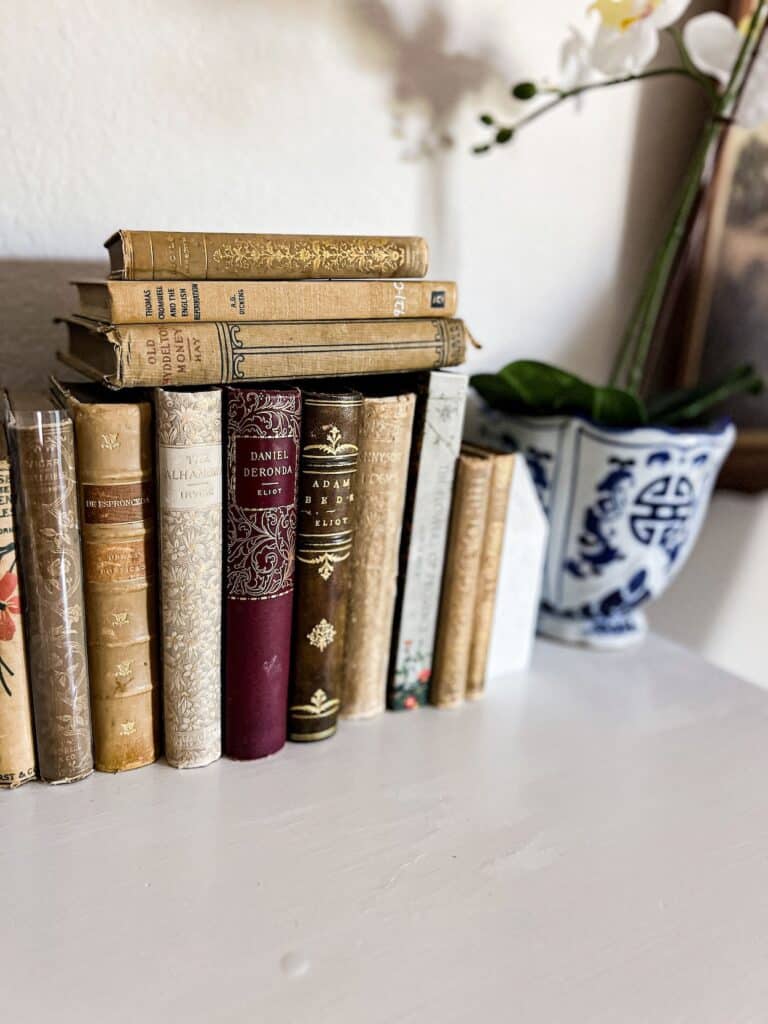
Cleaning Tips
I don’t like cleaning, but it is important to clean your books periodically. Luckily, just a gentle dusting with a soft cloth (like a microfiber towel) or a duster will do the trick. You don’t need to spray them with anything or do particularly deep cleaning.
Why bother cleaning your books at all? Well, for one thing, dust can attract pests. Those pests might also be interested in eating the pages of your books. Dust can also cause discoloration and deterioration of paper.
Storing books behind glass, like in a lawyer’s bookcase or a cabinet, can help cut down on the dust accumulation. Unfortunately, it won’t prevent dust entirely. You should still be prepared to do a quick wipe-down on occasion.
Pest and Mold Prevention
Although books are relatively durable things, they can still get damaged by a few key things. We’ve talked about sunlight, but the other most common issues are pests and mold.
There are several pests that love get into books, but some of the most common culprits are moths, bookworms, and silverfish. Some of them will eat the paper, some will eat the glue in the bindings (especially on old books where the glue is made with animal products), and some will eat both.
The best way to prevent pests is to move your books around often and keep them dust-free. As you open your books, flip through the pages, and allow air and sunlight into the shelves and the books, pests are discouraged from taking up residence. They like dark, cozy spaces where they won’t be disturbed. Natural remedies like cedar and lavender may also help repel at least some pests, but if you have an infestation, contact a professional.
Mold likes to grow on the pages of books stored in places that are too humid. This is why you should avoid storing your books in basements and attics, which are more likely to experience leaks in bad weather. If you live in a very humid place, you may want to use a dehumidifier in the room where you keep most of your books. The Library of Congress recommends maintaining a relative humidity of 30-55%.
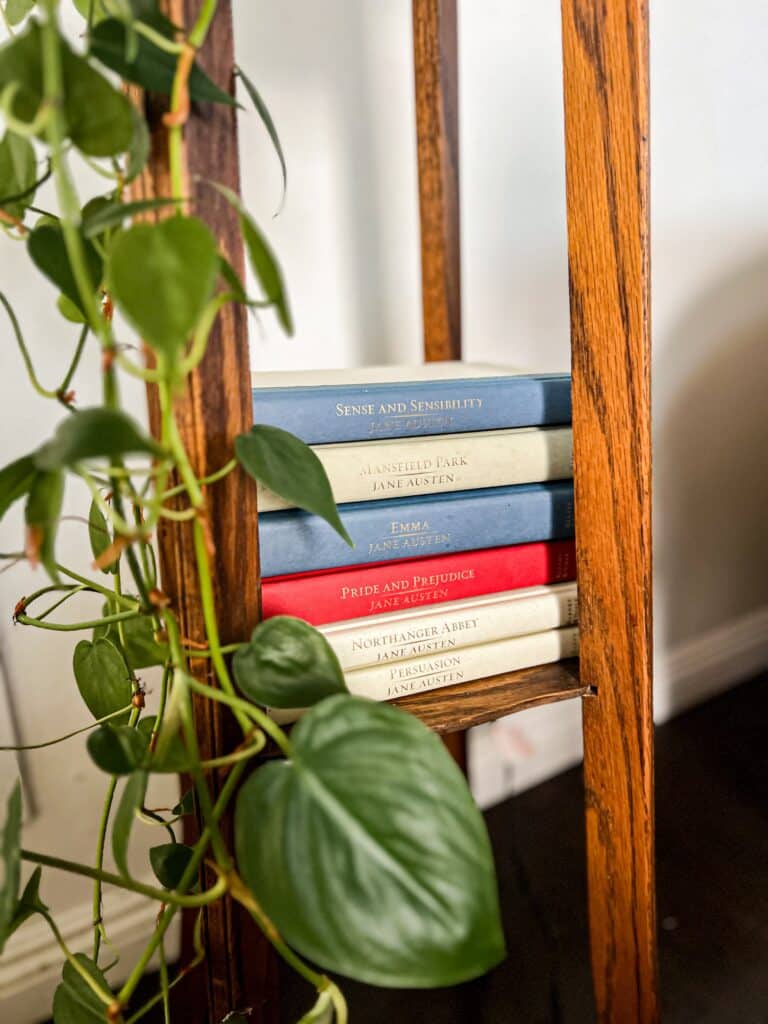
Weeding Your Book Collection When It Gets Too Big
Sometimes, even under the most careful collecting conditions, a book collection just gets too big. Each person is going to have a different threshold for what counts as “too big,” but for many of us, that threshold will be dictated at least in part by storage space. If you run out of places to put the books, you hit a bit of an impasse.
Why Weeding Your Collection is Hard but Necessary
Most collectors feel a sense of attachment to the items in their collection, and that’s totally reasonable. A collector has spent time, energy, and thought building that collection. Some of the items are sentimental or might feel extra important because they were hard to track down.
And yet, if we’re honest with ourselves, we can probably all admit that there are books in our collection that aren’t actually the best fit or that we don’t care about all that much. There might be an impulse buy that felt too good to pass up at the time. Maybe the collection even has some books you actively dislike but feel guilty discarding because you spent good money on them.
When we clear out those books periodically, it gives us breathing room to enjoy the books we already have and love deeply. It also gives us space to add more books that might be a better fit for the collection.
How to Weed Your Books Thoughtfully
When you’re going through the process of getting rid of some books in your collection, it can be helpful to use certain criteria. Here are some of the things I ask myself.
- Would I buy this again if I saw it for sale? This is one of my best indicators that a book is worth keeping. Money spent in the past is gone. The money I have right now feels much more real. Would I still spend some of that money on this book?
- Do I have more than one copy of this book? Sometimes I accidentally buy duplicates, especially if I first read a book in paperback and then later buy the whole series in hardcover. Sometimes I’ll buy duplicates because I could have sworn I owned a different book by the same author, but nope, it was the same book with different covers (this is why more organized collectors than I am will sometimes keep a spreadsheet). Unless both copies of the book are special, it’s okay to get rid of the copy that is less so.
- Will I regret getting rid of this book, and if so, why? The second part of this question is even more important than the first. It’s so easy to hold onto things just in case. I do that with all sorts of stuff, not just books. If I can’t identify a specific reason for regretting getting rid of a book and am just holding onto it because it might be useful someday, it’s time to let it go.
- Have I outgrown this book? When I was younger, I had books I loved and read over and over. Some of those books are still really special to me, while others I’ve outgrown. I’ve donated many of the ones that no longer serve me in my current phase of life, secure in the knowledge that if I desperately want to read them again, I can get a copy at the library or buy one online.
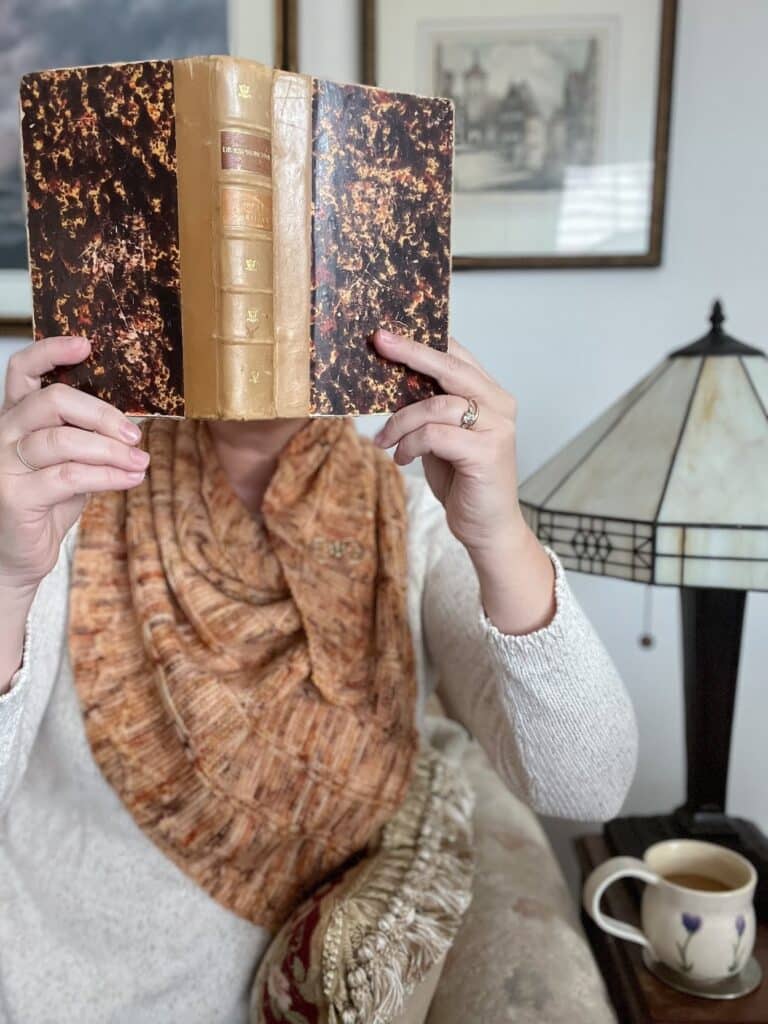
What to Do with Deaccessioned Books
Depending on the books you’re clearing out of your collection, there may be several possible places to send them.
The most obvious is, of course, donating to libraries, little free libraries, local schools, or assisted living facilities. This is where you’ll want to send your books that are relatively popular, in good condition, and (if it matters) age appropriate.
If you have friends who also love books, you could host a book swap with some of them. This can be especially useful if you and your friends share interests.
Books that are more specialized or valuable, such as antique books or books on unusual topics, might have some resale value. If you’re not opposed to some admin work, reselling the books yourself online can be a good option. You might also be able to sell them to a used book store, though you’ll likely get less money for them than if you sold them yourself.
And finally, if you truly cannot find a home for your deaccessioned books, it is okay to recycle them. This is especially the case for extremely popular books where the resale market is flooded with the same thing, for damaged books, and for outdated books (like old textbooks) that are no longer useful to anybody.
I know it can feel awful doing this, especially if you’re like me and feel an urge to preserve everyday items for posterity, but you cannot be the archivist for all of humanity. It’s okay to let things go.
A Selection of Gorgeous Books that Need a Good Home
If you’ve been around here a while, you probably know the drill: my magpie brain desperately wants to bring everything home, but I can’t. My loss is your gain, though. Here’s a shoppable gallery of antique books that might be just what you need for your collection.
These are affiliate links, which means if you choose to buy something through those links, I’ll receive a small commission at no extra cost to you. I will always identify affiliate links for you. Thanks for supporting my work!
Let’s stay connected!
Join my newsletter for 30% off all new releases, regular updates with helpful tips and tricks, first crack at registration for upcoming workshops, exclusive discounts, and more.
I’m on YouTube now and would love to have you join me there for regular project updates, technique tips, chats about goings-on in the knitting world, and more.
Prefer to read without ads? Join my Patreon, which starts at just $1 a month!
Join the A Bee In The Bonnet Facebook Group to participate in knitalongs and other fun community events
Come hang out with me on the A Bee In The Bonnet TikTok
Follow along on the A Bee In The Bonnet Instagram
Get inspired via the A Bee In The Bonnet Pinterest
